The Democratic Teachers Front in Punjab has voiced strong objections to former Delhi Deputy Chief Minister Manish Sisodia’s inspections of government schools across the state. The teachers’ organization has labeled these visits as ‘unauthorized’ and an unwarranted intrusion into Punjab’s educational affairs.
DTF Punjab President Vikram Dev Singh expressed concerns over Sisodia’s tours in districts such as Sahibzada Ajit Singh Nagar, Gurdaspur, and Tarn Taran. Accompanied by Punjab’s Education Minister Harjot Singh Bains, Sisodia reportedly issued directives to school principals and teachers during these visits. Singh questioned the legitimacy of Sisodia’s involvement, stating that it undermines Punjab’s autonomy and disregards the state’s unique cultural and linguistic identity.
The teachers’ union criticized the Punjab government for seemingly prioritizing the adoption of Delhi’s education model over developing a policy tailored to Punjab’s specific needs. In September, the state government announced plans to formulate its own education policy. However, the DTF contends that Sisodia’s recent activities suggest an attempt to impose a uniform model, neglecting Punjab’s diversity.
General Secretary Mahinder Koriawali highlighted that Delhi voters had previously rejected the so-called ‘Delhi model’ in elections, rendering Sisodia’s involvement in Punjab’s schools questionable. Rupinder Singh Gill, General Secretary of the Democratic Teachers Front Ludhiana, emphasized that a former minister from another state issuing instructions in Punjab’s government schools raises serious concerns about intent and constitutes direct interference in state affairs.
DTF Punjab State Chief Digvijay Pal Sharma further criticized the Aam Aadmi Party government in Punjab, alleging a deterioration in the state’s education system during its three-year tenure. Sharma pointed out significant vacancies, with 50% of principal positions, 45% of headmaster roles, and 40% of Block Education Officer posts unfilled. He argued that the educational frameworks of Delhi and Punjab differ substantially, making the direct implementation of Delhi’s model in Punjab impractical.
Sharma also questioned the rationale behind sending teachers to Finland for training, noting cultural disparities and the state’s financial constraints, which have led to struggles in paying existing teachers’ salaries. He emphasized that Manish Sisodia lacks the authority to inspect Punjab’s schools, a responsibility that lies with the state’s education minister and administrative officials.
In response to these concerns, the DTF has convened a meeting on February 23 in Moga to deliberate on the issue and determine their future course of action. The organization remains steadfast in its commitment to preserving Punjab’s educational autonomy and ensuring that policies reflect the state’s distinct cultural and linguistic heritage.
The controversy surrounding Sisodia’s visits has ignited a broader debate about the appropriateness of external influence in state-specific educational matters. As the situation develops, stakeholders across Punjab’s educational landscape are closely monitoring the government’s actions and the potential implications for the state’s education system.
The DTF’s objections underscore the complexities involved in implementing educational reforms across diverse regions. Balancing the adoption of successful models from other states with the preservation of local autonomy and cultural identity presents an ongoing challenge for policymakers. The outcome of the forthcoming meeting may provide further insights into the direction of Punjab’s educational policies and the role of external influences in shaping them.
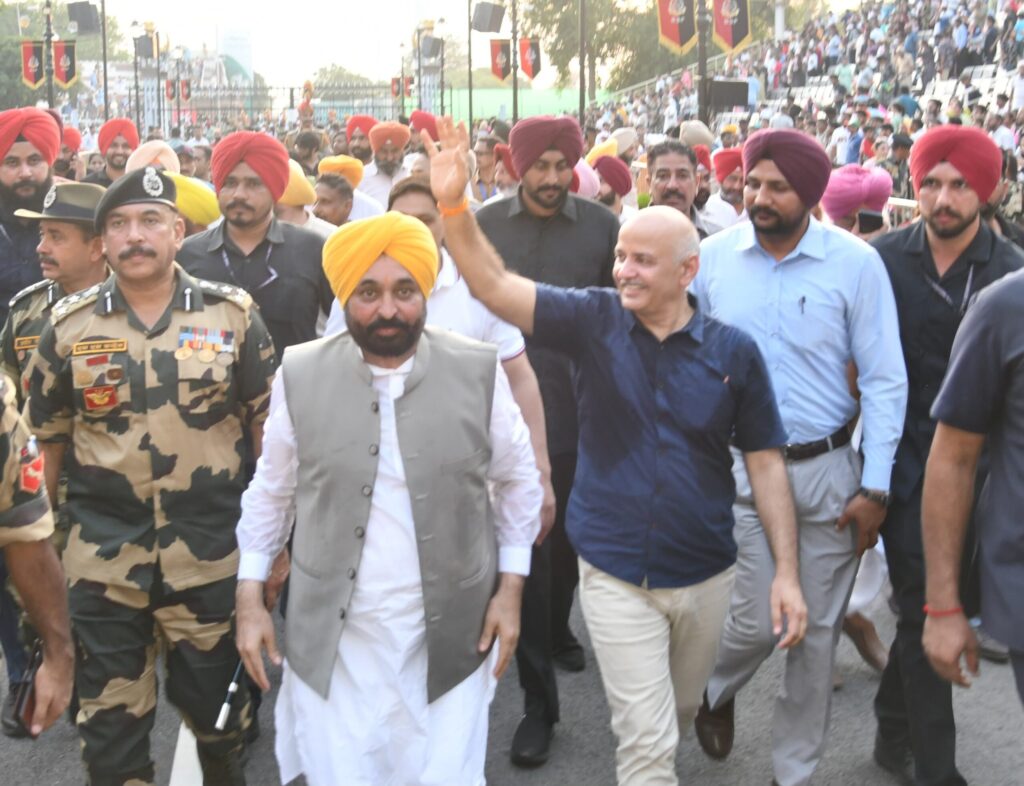
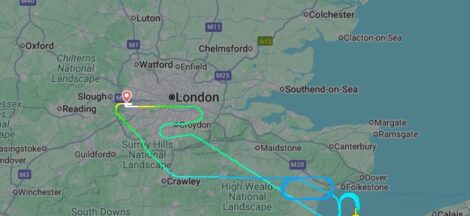
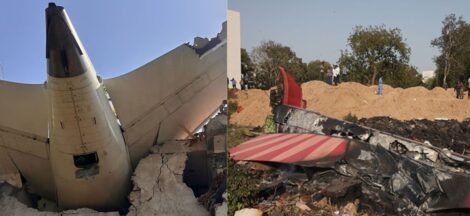
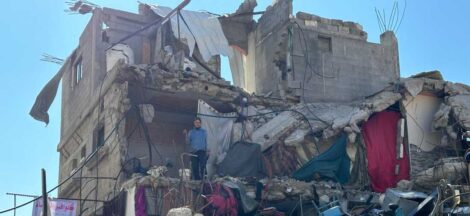
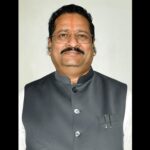 BJP Karnataka Leadership Turmoil Intensifies
BJP Karnataka Leadership Turmoil Intensifies 